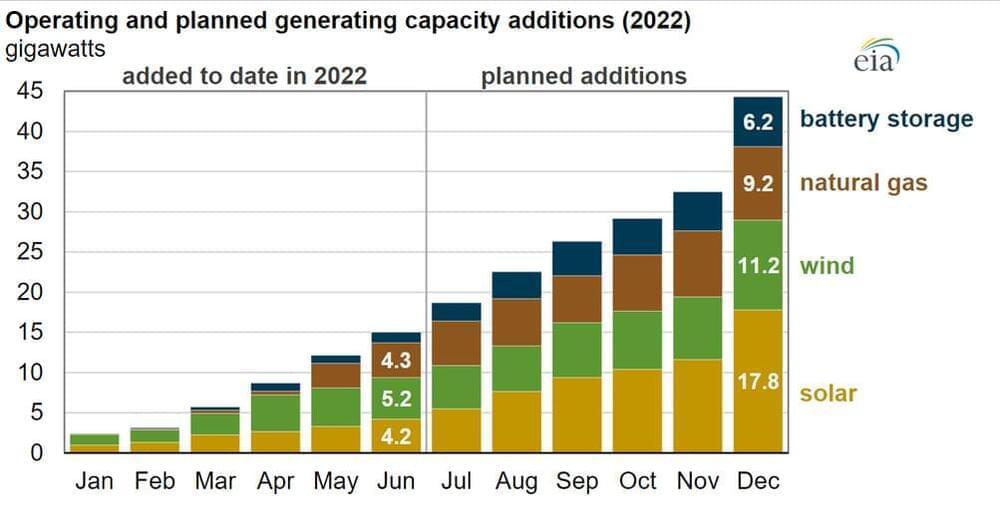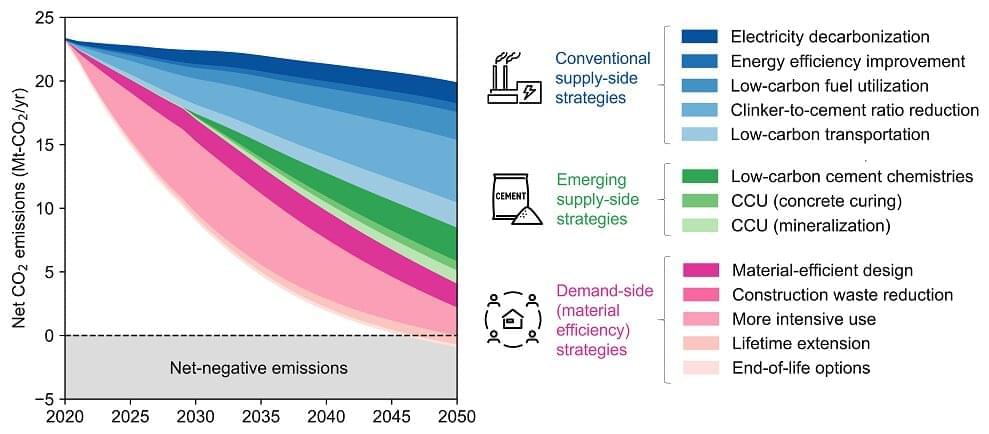The US power grid is growing! According to our latest inventory of electric generators, 15 gigawatts (GW) of new utility-scale electric generating capacity came online in the United States during the first half of 2022. Based on the most recently reported plans, developers could add another 29 GW of capacity in the second half of the year.
Our Preliminary Monthly Electric Generator Inventory compiles information on all U.S. utility-scale power plants (plants with a nameplate capacity of at least 1 megawatt [MW]) that are currently operating, planning to come online, or retired. The inventory includes all utility-scale plants that have retired since 2002.
We update this inventory once a month with preliminary data and then finalize that data annually with a survey that provides additional information about the power plants. Our Preliminary Monthly Electric Generator Inventory includes information through the preceding month; for example, the inventory published in July includes information through June.







